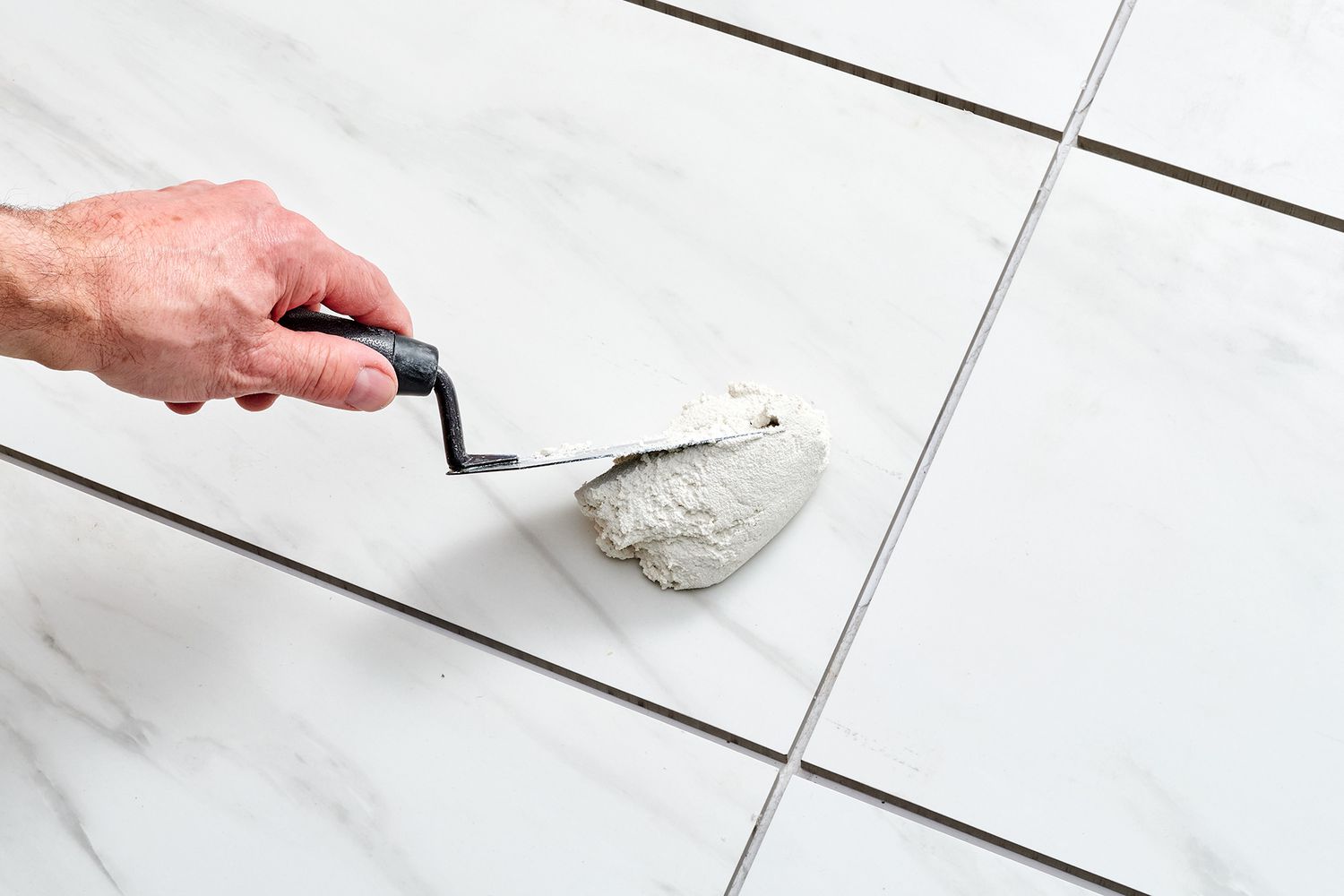If you’ve ever wondered about the cost of epoxy grout, here’s something you might not know – it tends to be pricier upfront compared to traditional grout options. But before you jump to conclusions based solely on the initial price tag, there are various factors to consider when evaluating whether epoxy grout is truly expensive. Understanding these factors will help you make an informed decision that goes beyond the surface level of cost considerations.
Factors Affecting Epoxy Grout Pricing
- When determining the cost of epoxy grout, various factors come into play, influencing the final pricing of this specialized grouting material. Color options and availability greatly impact the pricing of epoxy grout. Certain colors may be more expensive due to the cost of pigments or dyes used in the manufacturing process. Additionally, the availability of specific colors can affect pricing, with rare or custom colors often costing more than standard options.
- Application techniques and skills required for using epoxy grout also play a significant role in its pricing. Epoxy grout is known for its durability and resistance to stains, making it a popular choice for high-traffic areas. However, its application requires precision and expertise. Contractors with specialized skills in applying epoxy grout may charge higher rates for their services, thus impacting the overall cost of the project. Understanding these factors can help you make informed decisions when considering epoxy grout for your tiling needs.
Comparison With Traditional Grout Costs
- Comparing the costs of epoxy grout and traditional grout reveals significant differences in pricing structures based on material composition and application requirements. When considering material quality, epoxy grout tends to be more expensive upfront compared to traditional grout due to its higher quality and durability. Epoxy grout is made of epoxy resins and a hardener, making it resistant to stains, chemicals, and water infiltration, which can result in long-term cost savings.
- On the other hand, traditional grout is typically made of cement, sand, and water, making it a more affordable option initially but may require more frequent maintenance and replacements, increasing costs over time. Labor costs also play a crucial role in the overall expenses of using epoxy grout versus traditional grout.
- The application of epoxy grout is more labor-intensive and requires specific skills for proper installation, leading to higher labor costs. In contrast, traditional grout is easier to apply, requiring less specialized labor and potentially reducing installation expenses. Therefore, while epoxy grout may have higher material costs, the labor costs associated with traditional grout can balance out the overall expenses in certain scenarios.

Installation Costs and Considerations
- The cost disparity between epoxy grout and traditional grout extends beyond material prices, influencing the installation expenses and considerations associated with these two types of grout. Epoxy grout typically requires professional installation due to its complex application process, which can increase labor costs. The installation time for epoxy grout is longer compared to traditional grout, as it involves mixing two components precisely and working quickly before the mixture sets.
- Additionally, epoxy grout installation demands attention to detail to ensure a proper bond and finish, contributing to higher installation costs. When considering maintenance requirements, epoxy grout stands out for its durability and resistance to stains and chemicals. This robust nature reduces the need for frequent resealing, unlike traditional grout that may require regular maintenance to prevent discoloration and water damage. While epoxy grout may have higher upfront installation costs, its longevity and low maintenance needs can lead to cost savings over time.
Long-Term Durability and Cost Savings
- For long-term durability and potential cost savings, epoxy grout’s resistance to stains and chemicals can significantly reduce maintenance expenses over time. The maintenance benefits of epoxy grout stem from its non-porous nature, which prevents the absorption of liquids and stains.
- Traditional cement grout, on the other hand, is porous and prone to staining, requiring frequent sealing to maintain its appearance. With epoxy grout, you can avoid the need for regular resealing, making it a long-lasting investment that saves you both time and money in the upkeep of your surfaces.
- Additionally, epoxy grout’s resistance to harsh chemicals ensures that it remains intact and unaffected by cleaning agents, prolonging its lifespan and reducing the likelihood of repairs or replacements. By choosing epoxy grout for your tiling projects, you’re not only investing in a durable and aesthetically pleasing solution but also in cost-effective maintenance over the years.
Tips for Budget-Friendly Epoxy Grout Projects
- To optimize cost-effectiveness in your epoxy grout projects, implementing smart strategies can further enhance the long-term durability and savings benefits already inherent in epoxy grout’s maintenance advantages. When considering color options, choosing a standard color from the manufacturer’s range can be more budget-friendly than opting for custom colors, which often come at a higher price. Additionally, selecting a neutral color that complements your tiles can help you avoid the need for frequent regrouting due to color trends.
- In terms of application techniques, DIY installation can save you money compared to hiring professionals. However, ensure you follow the manufacturer’s instructions meticulously to prevent mistakes that could lead to costly repairs or replacements. Properly preparing the surfaces, mixing the epoxy grout correctly, and applying it evenly are crucial steps to achieve a durable and aesthetically pleasing result. By being meticulous with color choices and meticulous in your application techniques, you can create a budget-friendly epoxy grout project without compromising on quality.
Conclusion
In conclusion, while epoxy grout may have a higher upfront cost compared to traditional grout, its long-term durability and cost savings make it a worthwhile investment. Factors such as material quality, installation complexity, and maintenance requirements all contribute to the overall pricing of epoxy grout. By considering these factors and opting for budget-friendly options, you can achieve a cost-effective epoxy grout project that will stand the test of time.